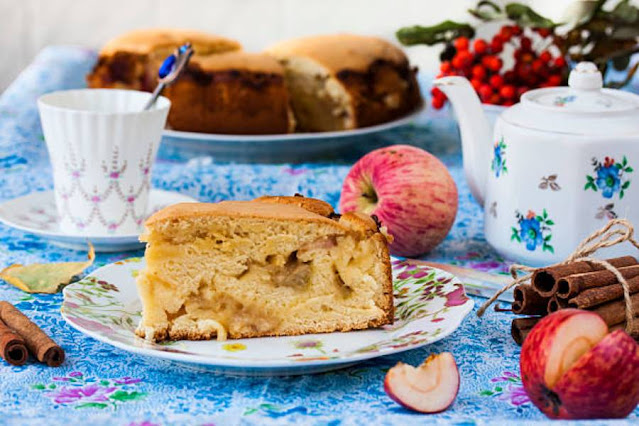Featured
- Get link
- X
- Other Apps
Some Essential Skincare Tips for Colder Months
As the colder months approach, adjusting your skincare routine is essential to protect your skin from the harsh effects of winter weather. Lower temperatures, wind, and indoor heating can lead to dryness, irritation, and other skin concerns. Here are some essential skincare tips to help you maintain healthy and hydrated skin during the colder months:
1. Hydration is Key:
Moisturize Regularly: Opt for a richer, emollient moisturizer
to combat dryness caused by cold air. Apply moisturizer immediately after
cleansing to lock in moisture.
Humidify Indoor Air: Use a humidifier indoors to add
moisture to the dry, heated air, helping prevent skin from drying out.
2. Gentle Cleansing:
Use a Mild Cleanser: Choose a gentle, hydrating cleanser
that doesn't strip away natural oils. Avoid hot water, as it can further
dehydrate the skin.
Limit Exfoliation: Reduce the frequency of exfoliation to
prevent over-drying and irritation. Consider using a gentle exfoliant once a
week to remove dead skin cells.
3. Protect Against UV Rays:
Apply Sunscreen: Even during colder months, UV rays can still
harm your skin. Apply a broad-spectrum sunscreen with SPF 30 or higher daily,
especially on exposed areas.
4. Lip and Hand Care:
Lip Balm with SPF: Use a hydrating lip balm containing SPF
to protect lips from becoming dry and chapped.
Hand Cream: Keep hands moisturized by applying hand cream
regularly, especially after washing to prevent cracking and dryness.
5. Retain Moisture in the Shower:
Shorter Showers with Lukewarm Water: Hot showers can strip
skin of its natural oils, leading to dryness. Opt for shorter showers with
lukewarm water to retain moisture.
Use Hydrating Body Wash: Choose a moisturizing body wash or
cleanser to prevent skin from drying out while cleansing.
6. Maintain a Healthy Diet:
Hydrating Foods: Consume foods rich in water content, such
as fruits and vegetables, to keep your skin hydrated from the inside out.
Omega-3 Fatty Acids: Incorporate foods rich in omega-3 fatty
acids like fish, flaxseeds, or walnuts, which can help maintain skin hydration.
7. Protect Skin from Harsh Weather:
Cover Up: Wear protective clothing, scarves, and gloves to
shield your skin from cold winds and harsh weather conditions when outdoors.
Use Barrier Creams: For individuals exposed to extreme
weather, apply barrier creams to protect exposed skin from windburn and
chapping.
8. Focus on Hydrating Ingredients:
Hydrating Serums or Oils: Consider using hydrating serums or
facial oils containing ingredients like hyaluronic acid, glycerin, or squalane
to boost skin moisture.
Ingredients to Avoid: Limit products containing alcohol or
harsh chemicals that can further dry out or irritate the skin.
9. Stay Hydrated:
Drink Water: Maintain adequate hydration by drinking enough
water throughout the day, as it helps keep skin hydrated and healthy.
10. Seek Professional Advice:
Dermatologist Consultation: If you have persistent skin
concerns or severe dryness, seek advice from a dermatologist for personalized
recommendations and treatment.
Conclusion:
Transitioning your skincare routine for colder months
involves prioritizing hydration, protecting the skin barrier, and adjusting
your regimen to combat dryness and irritation. Using richer moisturizers,
gentle cleansers, and incorporating hydrating ingredients are crucial steps.
Additionally, staying hydrated, protecting skin from harsh weather, and seeking
professional advice when needed can help you maintain healthy, hydrated skin
throughout the winter season. Adjusting your skincare routine according to the
seasonal changes can make a significant difference in maintaining skin health
and comfort during colder months.
- Get link
- X
- Other Apps
Popular Posts
What Bit Me Advertisement These 12 Bug Bites
- Get link
- X
- Other Apps


Comments
Post a Comment